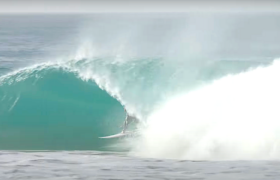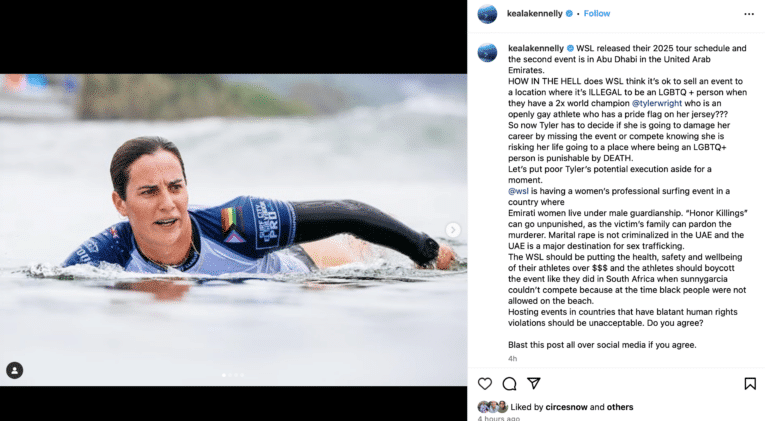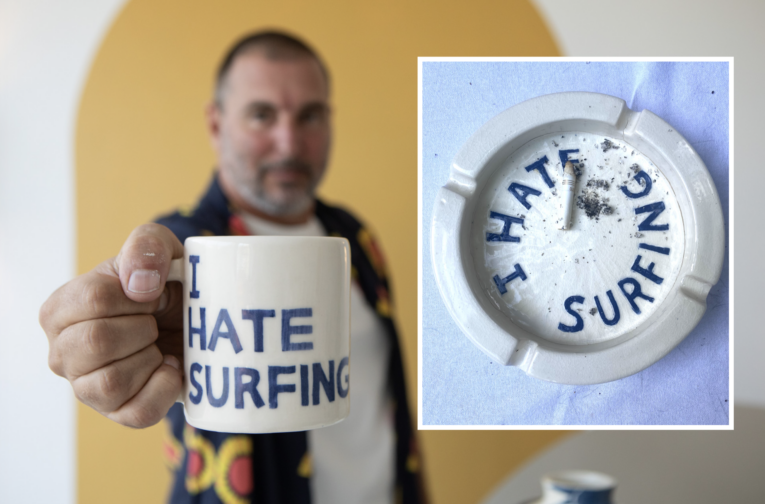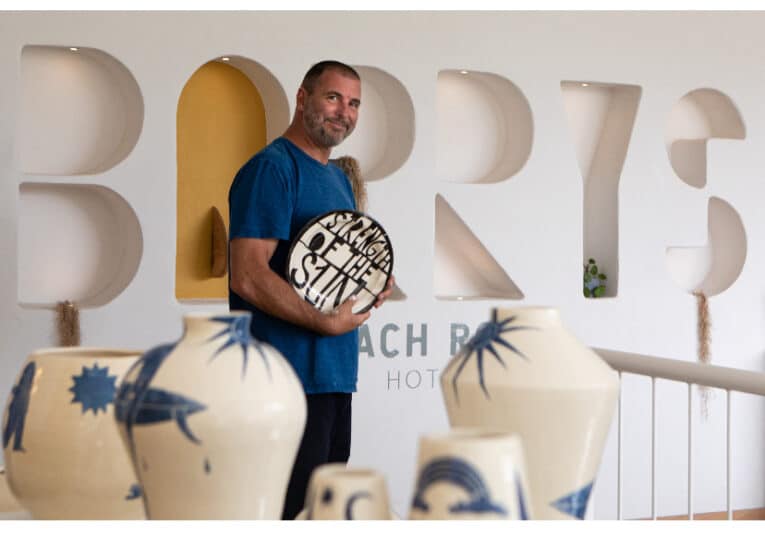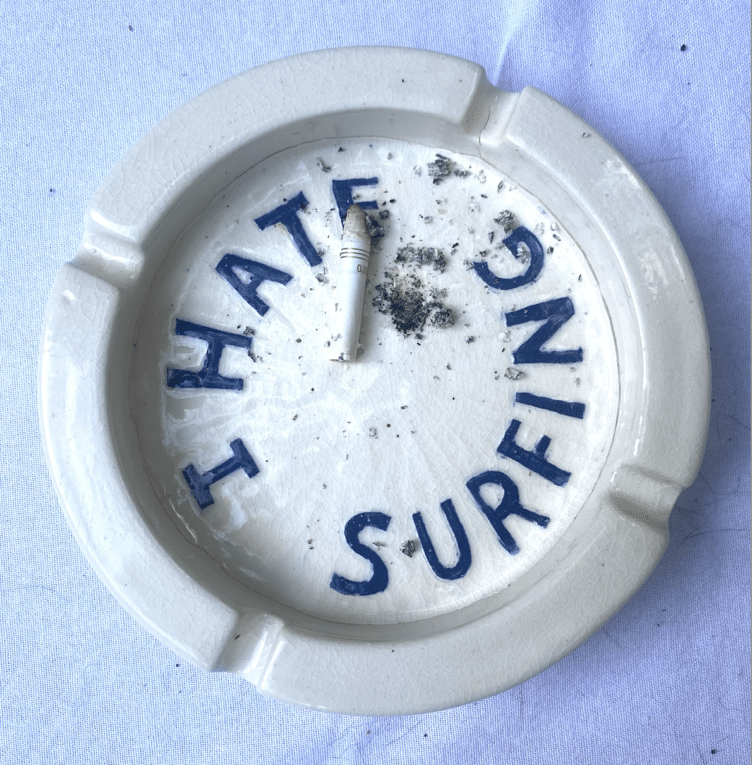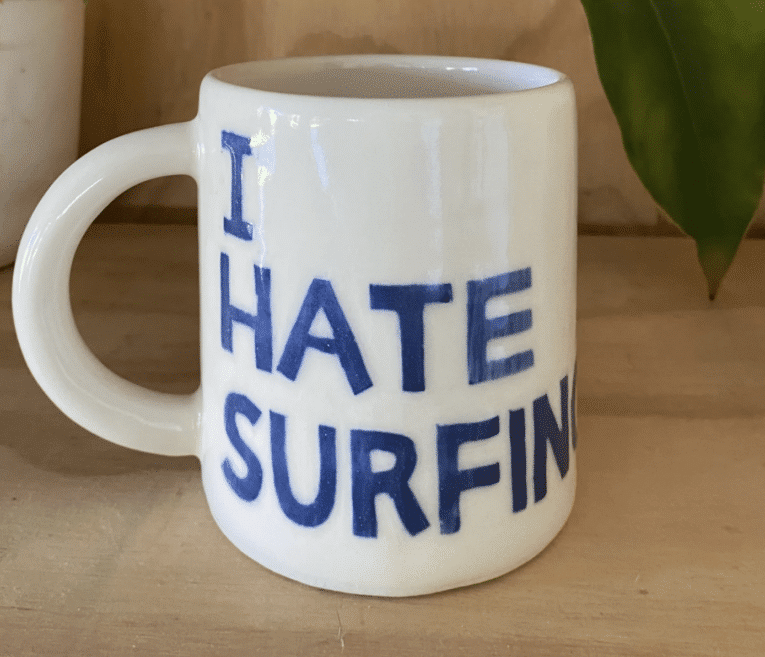“Elevating people like Brooke Farris into powerful positions is a sign that surfing is moving away from its gender-bullying past.”
Less than one year after leading Rip Curl’s heavy pivot to the trans market which ended in a world-wide boycott of the brand, its CEO Brooke Farris has suddenly quit with the company now scrambling to fill the role.
“After 14 years at Rip Curl, and over three of those in the CEO role, the time feels right for a break and new opportunities,” Brooke Farris said in a statement. “It has been an honour to lead this iconic brand, and I’m confident Rip Curl will continue to be the ultimate surfing company.”
In January, the Kathmandu-owned Rip Curl joined a conga line of Australian swimwear companies in pivoting to the growing trans-woman market.
Lowerson was one of Australia’s leading male longboarders, even winning the men’s longboard div as Ryan Egan, before transitioning four years ago and joining the women’s side of the draw.

Meet Sasha – a West Australian waterwoman who loves the freedom found in surfing, disconnecting from the mainstream, and the feeling of dancing on constantly changing waves. When we were adventuring through Western Australia recently, we were keen to know what The Search means to the surfers who crossed our paths. These surfers live on a wild stretch of coast where there’s always a new wave or campsite just a little further down the road or off the beaten track. It’s a state of mind, always being ready to try something new, curious to seek out knowledge and learn the rules – and break them.
Sometimes it isn’t even the actual surf, it’s the journey itself, the chats that we have in the car on the long straight roads here in WA and the campfire afterwards,” Lowerson says. “Friendships grow on the search and I love that.”
Rip Curl subsequently turned off all comments on the post when the trans-pivot blew into a firestorm.
Initially, Rip Curl refused to react even as the furore spread worldwide and customers were filmed burning boardshorts and throwing their booties in the trash and the hashtag @boycottripcurl trended on X.
They got so much heat, including from high profile anti-trans-gals-in-sports activists Riley Gaines ad Taylor Silverman as well as from their own former team rider Bethany Hamilton, who reportedly split from Rip Curl ‘cause of her anti-T gal stance, they removed the post and apologised.
“Our recent post has landed us in the divisive space around transgender participation in competitive sport. We want to promote surfing for everyone in a respectful way, but recognize we upset a lot of people with our post and for that, we are sorry. To clarify, the surfer featured has not replaced anyone on the Rip Curl team and is not a sponsored athlete.”
Which in turn got ‘em into the fire with the queer crowd.
Surf Equity described the “so-called” apology as “divisive, anti-trans, and discriminatory. The LGBTQIA+ community is appalled. Aligning with bigots harms your brand identity and fails to support your LGBTQIA+ employees.”
Brooke Farris’ appointment as Rip Curl CEO was heralded as important step in smashing the boy’s club that had ruled the surf industry since the, uh, boys had created it in 1969.
“The willingness of the sport to elevate people like Brooke into powerful positions is this incredibly pleasing thing – a sign that surfing is moving away from its gender-bullying past and understanding that there’s strength in diversity,” said Nick Carroll, a one-time commentator below the line on BeachGrit before taking a role with Surfline Australia.
